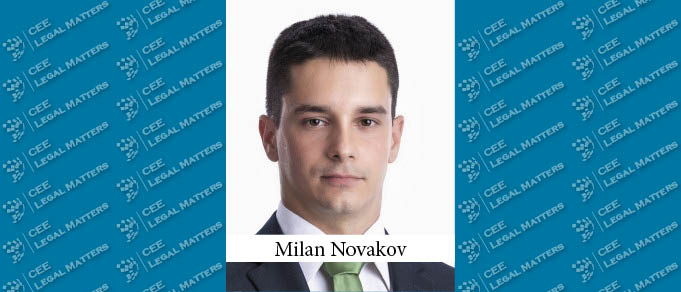It is 2017 and you are a foreigner (non-resident of Serbia) aiming to purchase a share of a Serbian company. After you negotiate principal terms, conduct the due diligence, set final terms, and negotiate transaction documents, at the closing you transfer the purchase price in euros to the Buyer’s euro bank account in Serbia, and all is well. Now it is 2021, you are again in Serbia undertaking the same steps, but this time, you are in breach of the Foreign Exchange Act (“FX Act”). Why is that?
In principle, the acquisition of a share in a Serbian company by a non-resident is considered as a direct investment of the non-resident from the perspective of the FX Act. As per the FX Act, transfers pertaining to direct investments of non-residents are performed in accordance with the act that regulates foreign investments in Serbia (“Investments Act”).
In 2015 the Investment Act stipulated that foreign investments may be in foreign currency (Article 3 Paragraph 1 Point 1). During the amendments of the Investment Act at the end of 2018, Article 3 Paragraph 1 Point 1 was amended so that the possibility for investments to be made in foreign currency was deleted.
With the deletion of the aforementioned article, FX Act’s reference to the Investment Act undoubtedly ceased to enable non-residents to make payments for the purchase of a share in foreign currency.
However regardless of the aforementioned fact, in our experience, certain commercial banks allow transactions in euros pertaining to the transfer of shares exposing themselves to regulatory risks and their clients to misdemeanor penalties under the FX Act. The assumption is that the bank’s unawareness strives from the unfamiliarity with the implications of the amendments to the Investment Act on the application of the FX Act, and the fact that the foreign exchange payment code 557 allows for the funds to be transferred, but it does not exist for those purposes (rather, as an example, to enable payment of share capital).
In order for the payment of the purchase price to be made in 2021 in accordance with the FX Act, obviously, the process is a bit more complicated as it involves the opening of multiple non-resident bank accounts in Serbia. However, neither of those steps represents a significant impediment for the transaction as with careful and in advance planning the aforementioned risks may successfully be avoided.
This text is for informational purposes only and should not be considered legal advice. Should you require any additional information, feel free to contact us.
By Milan Novakov, Senior Associate, Samardzic, Oreski & Grbovic




